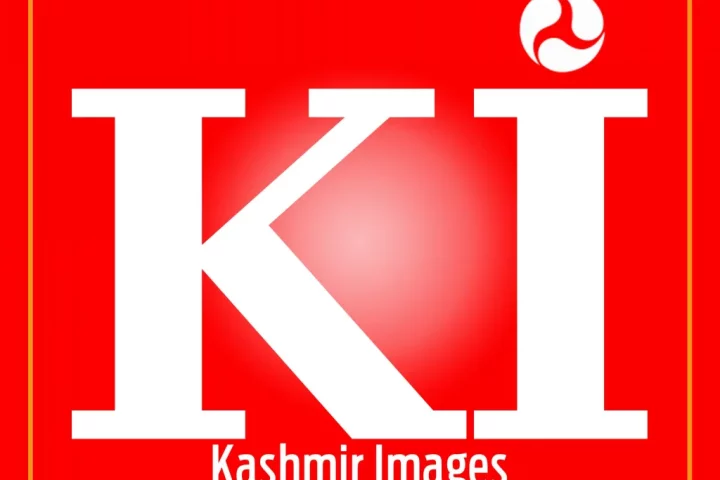New Delhi: President Droupadi Murmu Thursday asserted people should collectively denounce every attempt to undermine the credibility of India’s democracy as she came out in support of EVMs, saying the machines have passed every test, from the Supreme Court to the people’s court.
Addressing a joint sitting of the Houses following the constitution of the 18th Lok Sabha, Murmu also said people should feel proud that India conducts such a large election exercise without any major violence and disorder.
Out of nearly 97 crore electors, 64.2 crore voted in the recently-concluded Lok Sabha elections which were held in seven phases.
“Today, the whole world respects us as the Mother of Democracy. The people of India have always demonstrated complete trust in democracy and expressed full faith in the electoral institutions,” she told the members of the two Houses.
Murmu said there was a need to preserve and protect this trust to sustain the country’s robust democracy. “We must realise that hurting the faith of people in democratic institutions and the electoral process is like cutting the very branch on which we all are sitting”.
“We all should collectively denounce every attempt to undermine the credibility of our democracy,” she said.
“We all remember those times when ballot papers were snatched and looted. To ensure the sanctity of the electoral process, it was decided to use EVMs. The EVM has passed every test, from the Supreme Court to the people’s court, in the last few decades,” she asserted.
She also expressed gratitude to the Election Commission for the conduct of the recent parliamentary polls
“This was the largest election in the world. About 64 crore voters performed their duty with enthusiasm and zeal. Women cast their votes in huge numbers this time also. A very heartening aspect of this election emerged from Jammu and Kashmir,” she said.
The Kashmir Valley broke records of voter turnout of many decades, she noted.
The president’s remarks on EVM and electoral process come against the backdrop of some political parties questioning the reliability of the Electronic Voting Machines. Some top opposition leaders have even urged the government to go back to the old paper ballot system for voting.
Successive chief election commissioners have maintained that EVMs are reliable and cannot be hacked. They have noted that the EVMs can at times become faulty but cannot be manipulated.
Several parties, which were in the opposition earlier, have come to power in elections conducted using EVMs.
Terming the suspicion of manipulation of the EVMs “unfounded”, the Supreme Court had on April 26 rejected the demand for reverting to the old paper ballot system.
An electronic voting machine consists of at least one Ballot unit, one Control unit and the VVPAT machine.
Since 2019, VVPAT (paper-trail machine) slips from five randomly selected polling stations per assembly constituency (or segment in cases of Lok Sabha seats) are matched with the EVM count for greater transparency.
The EVM was was first conceived as back as in in 1977.
In 1998, EVMs were used in 16 legislative assemblies across Madhya Pradesh, Rajasthan and Delhi.
The use of EVMs further expanded in 1999 to 46 parliamentary constituencies, and later, in February 2000, the machines were used in 45 assembly seats in Haryana polls.
All state assembly elections thereafter witnessed the use of the machine.
In 2004, the EVMs were used in all 543 parliamentary constituencies for the elections to the Lok Sabha.
A number of technological changes were made in the EVMs in 2001 and the machines were further upgraded in 2006.
The pre-2006 era EVMs are known as ‘M1 EVMs’, while EVMs manufactured between 2006 to 2010 are called ‘M2 EVMs’.
The latest generation of EVMs, produced since 2013, are known as ‘M3 EVMs’.












